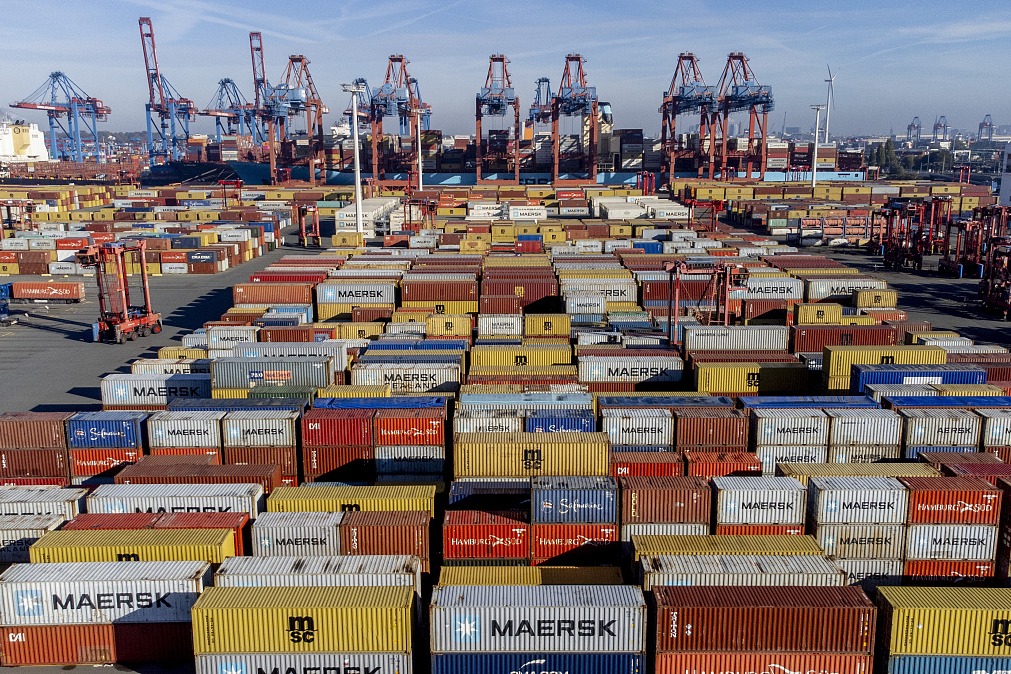Cyberspace judicial efforts intimidate defaulters


Man works on his PC. [Photo/IC]
An online blacklist and a series of restrictions have successfully forced millions of people to comply with court rulings they had previously ignored, and the measures are contributing to the country's credit system, an official at China's top court said.
"We've made efforts against defaulters in the past five years, not only to solve the difficulty of verdict implementation, which was often complained about in public, but also to improve the social credibility by rule of law," Meng Xiang, head of enforcement for the Supreme People's Court, said in an exclusive interview last week.
He said 2.8 million defaulters had obeyed court orders after feeling pressure from the online blacklist and inconveniences in their daily lives.
In October 2013, the blacklist began to disclose information, such as names and identity card numbers, of individuals and legal representatives of companies who ignored court rulings. A year later, a joint system was also set up to urge defaulters to comply with verdicts by giving them restrictions.
So far, 11.23 million violations made by defaulters have been put online. Those listed are barred from buying plane tickets, traveling by high-speed train and acting as company executives or legal representatives, according to the top court.
By the end of June, the defaulters had been prevented from taking 12.22 million flights and 4.58 million rail journeys, while courts have blocked those acting as executives or legal representatives of businesses 280,000 times, according to the top court.
Now, the court has signed 150 agreements with 60 government entities, including the Ministry of Education and the Ministry of Justice, to punish defaulters and increase restrictions they face, such as serving as civil servants and buying homes.
"The numbers show our determination and endeavors to solve the difficulty of verdict implementation, and we could say we made it," Meng said. "People will feel inconvenience in every field if they are not credible in one aspect. That's the aim of the bans."
He described what Chinese courts are doing is the judicial contribution to the establishment of the social credit system.
While strengthening the fight against the dishonest, the top court also built a technology friendly platform connected with banks to efficiently help judges search for defaulters' properties four years ago.
Now, the platform has reached more than 3,800 banks and 16 financial institutes around the country from the initial 20 banks, and judges could find out 25 kinds of properties of defaulters, such as securities, savings and automobiles, the court said.
Although the problem of verdict enforcement has been alleviated, Meng asked judges not to grow complacent, saying the top court would dispatch six teams to supervise enforcement work in lower-level courts in the coming two months.
He urged judges not to hesitate in strictly penalizing those who fail to comply with verdicts, which goes against the legal enforcement of court rulings in line with Criminal Law.
"The judicial system against defaulters is a part of the social credit system," Meng said. "While punishing the dishonest, we also want to keep more people from risks, such as not to choose a company blacklisted online to invest in.
"We'll provide more legal services and protection in the building and improvement of social credit system," he added.
MOST POPULAR
- 1 Things to know about China Intl Consumer Products Expo 2024
- 2 China tops FDI confidence index of emerging markets
- 3 China specifies steps to improve payment services in tourist attractions
- 4 Low-altitude economy set to take off
- 5 China's immigration service platform receives over 10m calls from home, abroad
Editors' Picks
 Infographic:
A look at China's economy in Q1 of 2024
Infographic:
A look at China's economy in Q1 of 2024
 Infographic:
China to remove foreign ownership restrictions in value-added telecom services in pilot areas
Infographic:
China to remove foreign ownership restrictions in value-added telecom services in pilot areas
 Infographic:
2023 Sino-German investment and trade in numbers
Infographic:
2023 Sino-German investment and trade in numbers
 Infographic:
China-Germany relations in graphic
Infographic:
China-Germany relations in graphic



